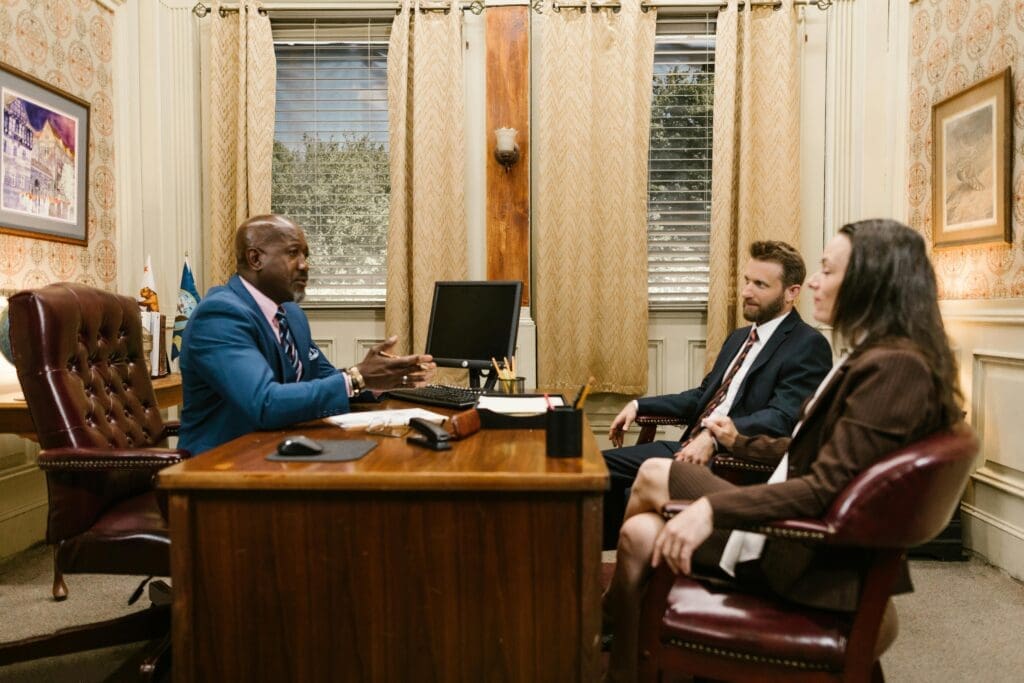Fewer people are creating estate plans today than in previous years. Research shows that in 2024, less than one-third of Americans have a will. Every adult—regardless of age—should at least have a will, and many could benefit from additional estate planning documents such as trusts, powers of attorney, and advance directives. Even if you have an estate plan, it may no longer align with your current goals if it’s outdated.
As we age, reflecting on our mortality is natural. This can prompt us to take actions to secure our legacy. During the peak of COVID-19, many Americans focused on estate planning, leading to a surge in the creation of wills and trusts. However, this trend has since reversed, with fewer people maintaining up-to-date estate plans.
In 2024, 43% of adults over 55 reported having wills, down from 46% in 2023 and 48% in 2020, according to Caring.com. Additionally, the Center for Retirement Research at Boston College notes that the number of people aged 70 or older with wills declined from 73% in 2000 to 64% in 2020. While more young Americans are creating wills, 75% of those aged 18-54 still don’t have one.
Procrastination, uncertainty about how to start, and concerns about complexity and cost are common reasons for delaying estate planning.
Not having an estate plan, or having an incomplete or outdated one, can lead to significant issues. Without a plan, your family may have to turn to the courts for decisions about your estate, which can be time-consuming, costly, and contentious. Disagreements can lead to legal battles and family discord.
According to "Estate Planning for the Post-Transition Period," 70% of estate settlements result in asset losses or family disharmony due to estate planning failures. Common reasons for failure include lack of follow-through, not informing heirs about the plan, and not keeping the plan updated.
For example, setting up a trust to avoid probate or manage assets for a loved one requires transferring ownership of assets to the trust. Failing to do this means the trust won’t accomplish its purpose. Similarly, creating powers of attorney or medical directives and not informing anyone about them renders these documents useless.

An outdated estate plan can lead to many of the same problems as not having one. Loved ones may not be adequately provided for, assets may go to unintended beneficiaries, and your estate may face unnecessary taxes and probate proceedings.
Estate planning attorneys recommend reviewing your plan every few years or after significant life changes. Here are some signs your estate plan may need updating:
Regularly revisit your estate plan, including agents, beneficiaries, and distribution plans. Ensure you have backup beneficiaries and agents and update provisions to address changing circumstances.
Prepare beneficiaries for their inheritance by discussing how to manage it. If you have doubts about their financial acumen, consider placing the inheritance in a trust with specific usage instructions.
Communicate openly with loved ones about your estate plan’s value and what they can expect. Transparency helps prevent surprises and conflicts. Also, inform them where to find your estate planning documents and ensure they have legal access after your death.
Life is constantly changing, and an outdated estate plan can be nearly as problematic as having no plan at all. While DIY estate planning tools are available, they can lead to significant mistakes. To ensure your estate plan is accurate and effective, contact an estate planning attorney in Reno and schedule an appointment.




